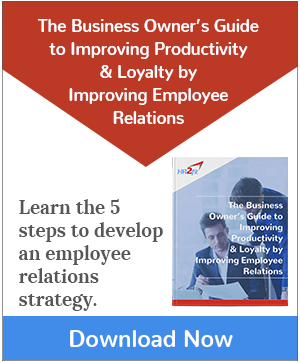As global markets continue to meld into an interconnected web of economic activity, there is an emerging realization among billion-dollar conglomerates and budding startups alike: one-size-fits-all approaches in human resources do not suffice. The U.S. market, with its unique blend of cultural nuances and complex legal frameworks, demands a specialized approach to H.R. practices. This mandate is both challenging and rewarding for businesses that get it right.
Understanding Cultural Nuances and Legal Frameworks
The United States boasts a diverse workforce across various cultures, ethnicities, and backgrounds. This diversity isn’t just a hallmark of the country’s inclusive ethos and a strategic advantage that fuels innovation and creativity in the corporate sector. However, with this diversity comes the need for H.R. policies sensitive to cultural nuances. Additionally, the U.S. labor law is a labyrinth of regulations that vary drastically from state to state. Companies must navigate this intricate legal landscape to ensure compliance and avoid costly litigations.
Importance of Region-Specific Talent Acquisition
Recruiting in the U.S. is not just about finding a suitable set of skills but also about aligning with the right cultural fit and understanding the localized talent markets. Region-specific talent acquisition strategies are pivotal in this regard, considering the competitive job markets and the varying employment trends across different states. For instance, tech talent thrives predominantly on the West Coast, while financial experts may gravitate towards the East. Tailoring talent acquisition strategies to these regional specifics is not a mere option but necessary for businesses aiming to outshine the U.S. market.
Case Study: Successful H.R. Implementations in Top U.S. Companies
Examining successful H.R. strategies of top-performing U.S. companies offers valuable insights. These organizations recognize that effective H.R. practices are a catalyst for success. Whether it’s Google’s emphasis on open culture and peer recognition or Amazon’s customer-centric training programs, these case studies illustrate that HR practices that align with company values and regional expectations lead to remarkable outcomes—higher employee engagement, reduced turnover rates, and enhanced brand reputation.
In summation, for businesses operating in the U.S., customizing H.R. practices to the regional demands is not just beneficial; it is imperative for sustainable growth. By embracing the cultural intricacies and legal particulars and by observing the success patterns of industry giants, companies can develop H.R. frameworks that are not just compliant but also competitive and culturally competent.







